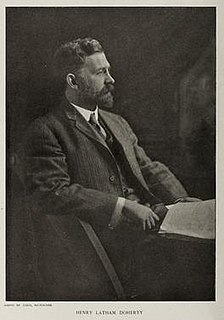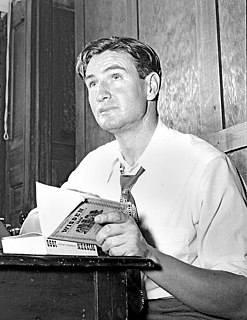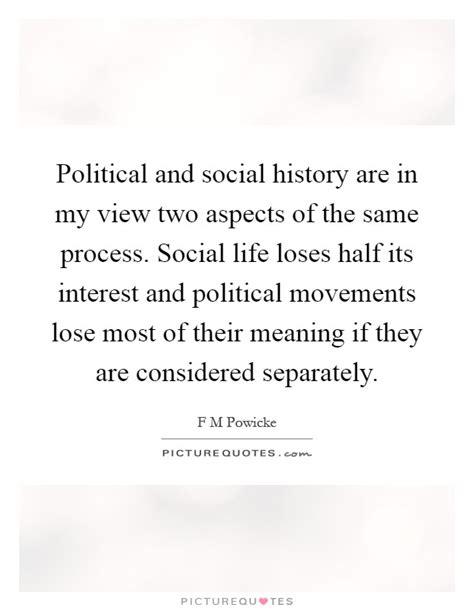A Quote by Roger Penrose
If you come from mathematics, as I do, you realize that there are many problems, even classical problems, which cannot be solved by computation alone.
Related Quotes
Mathematics is much more than computation with pencil and a paper and getting answers to routine exercises. In fact, it can easily be argued that computation, such as doing long division, is not mathematics at all. Calculators can do the same thing and calculators can only calculate they cannot do mathematics.
We are more than our problems. Even if our problem is our own behavior, the problem is not who we are-it's what we did. It's okay to have problems. It's okay to talk about problems-at appropriate times, and with safe people. It's okay to solve problems. And we're okay, even when we have, or someone we love has a problem. We don't have to forfeit our personal power or our self-esteem. We have solved exactly the problems we've needed to solve to become who we are.
A wonderful thing happens when you give up on hope, which is that you realize you never needed it in the first place. You realize that giving up on hope doesn't kill you, nor did it make you less effective. In fact it made you more effective, because you ceased relying on someone or something else to solve your problems - you ceased hoping your problems somehow get solved, through the magical assistance of God, the Great Mother, the Sierra Club, valiant tree-sitters, brave salmon, or even the Earth itself - and you just began doing what's necessary to solve your problems yourself.
The positive outlook that optimists project does not come from ignoring or denying problems. Optimists simply assume that problems are temporary and can be solved, so optimists naturally want more information about problems because then they can get to work and do something. Pessimists are more likely to believe that there is nothing they can do anyway, so what's the point of even thinking about it?
A Christian marriage is [not] one with no problems or even a marriage with fewer problems. (It may well mean more problems.) But it does mean a life in which two people are able to accept each other and love each other in the midst of problems and fears. It means a marriage in which selfish people can accept selfish people without constantly trying to change them -- and even accept themselves, because they realize personally that they have been accepted by Christ.




































